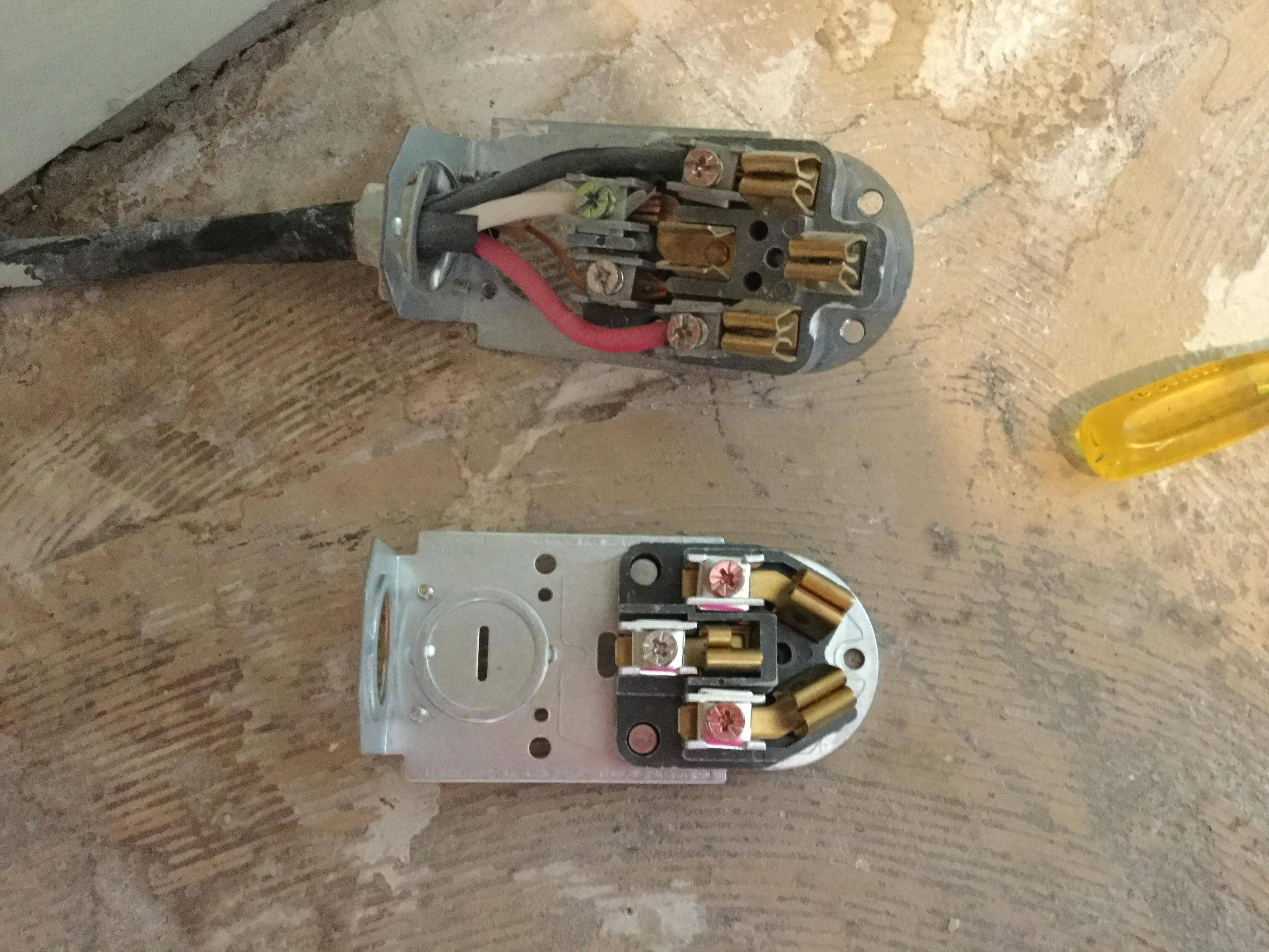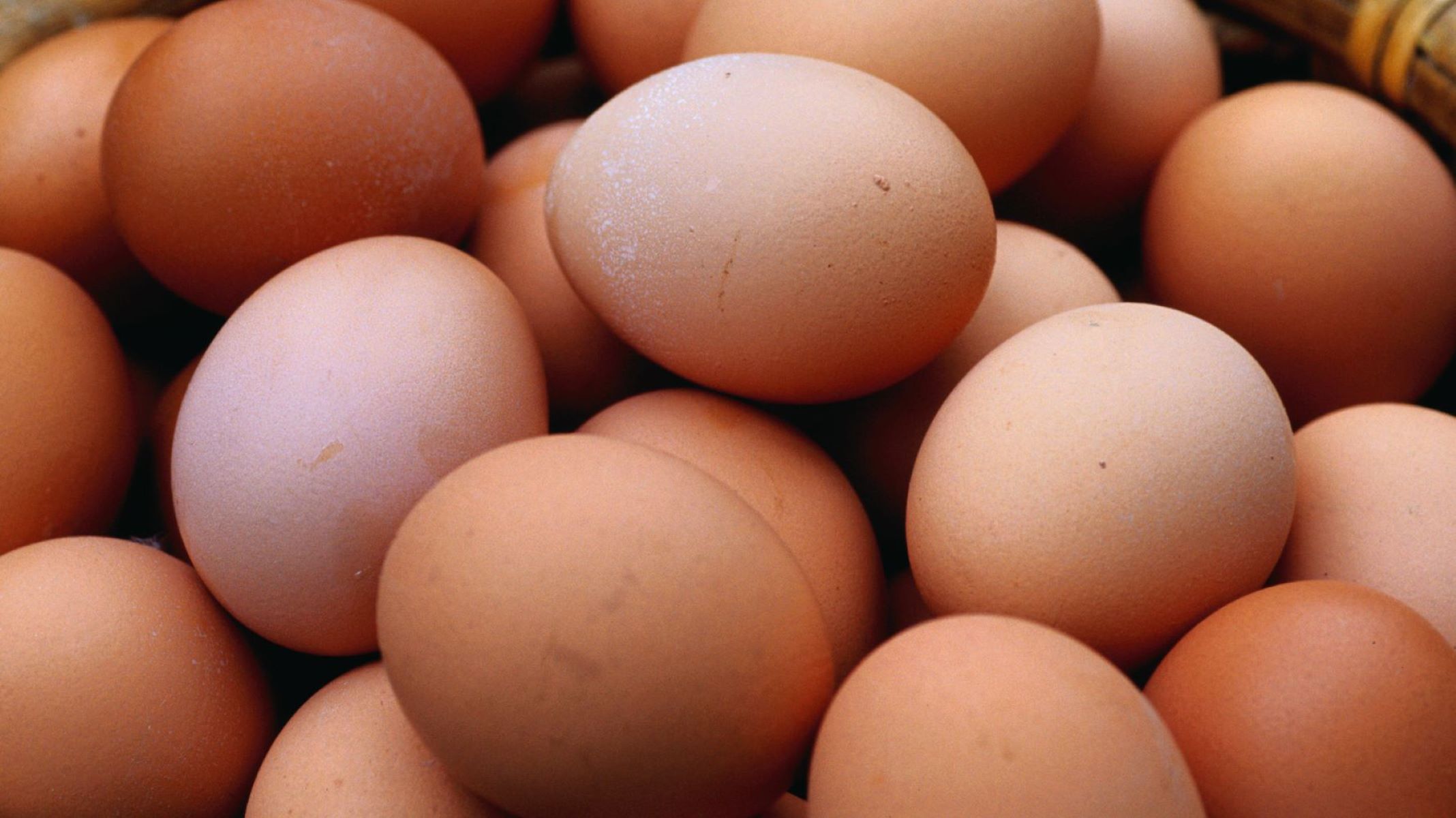Have you ever wondered about the hidden secrets of 4 prong range plugs? Get ready to unlock the truths and gain insights that will revolutionize your understanding of this essential electrical component.
What is a 4 Prong Range Plug?
A 4 prong range plug is a specialized electrical connector designed to safely and efficiently power electric ranges and ovens. It features four prongs: three flat prongs for the hot, neutral, and ground wires, and a fourth, round prong for the neutral grounding conductor. This unique design ensures proper grounding and prevents electrical hazards.

Unlocking the Truths
4 prong range plugs play a crucial role in home safety and electrical efficiency. They provide a secure connection between the range and the power source, ensuring that electricity flows smoothly and safely. Understanding the function and proper use of 4 prong range plugs is essential for preventing electrical accidents and maintaining a safe home environment.

History and Myth
The development of 4 prong range plugs is rooted in the increasing prevalence of electric ranges in homes. As the demand for these appliances grew, the need for a standardized and safe way to connect them to the power grid became apparent. The 4 prong design emerged as the industry standard, addressing safety concerns and ensuring compatibility with different range models.

Hidden Secrets
Beyond its practical function, the 4 prong range plug holds hidden secrets. Its unique design not only ensures safety but also provides insights into the electrical system of your home. By understanding the役割 of each prong and the proper wiring practices, you can gain a deeper appreciation for the complexities of your home’s electrical infrastructure.

Recommendation
To ensure the safety and efficiency of your electric range, it is highly recommended to use only UL-listed 4 prong range plugs. UL-listed products have undergone rigorous testing to meet strict safety standards, providing peace of mind and reducing the risk of electrical hazards.

The Neutral Grounding Conductor
The fourth, round prong on a 4 prong range plug, known as the neutral grounding conductor, plays a vital role in electrical safety. It provides an additional path for electricity to flow in case of a ground fault, preventing dangerous voltage surges and shocks.

Tips for Proper Use
Proper installation and use of 4 prong range plugs are essential for safety and efficient operation. Make sure to have a qualified electrician inspect and install the range plug to ensure it meets electrical codes and is correctly grounded. Avoid overloading the circuit connected to the range plug, as this can lead to overheating and electrical hazards.

Grounding Safety
The ground wire, connected to the ground prong on the plug, is crucial for electrical safety. It provides a path for excess electricity to flow safely into the ground, preventing shocks and electrical fires. Ensure that the ground wire is properly connected and that the grounding system in your home is up to code.

Fun Facts
Did you know that 4 prong range plugs are not just used in homes? They are also commonly found in commercial kitchens and other industrial settings where high-power electrical appliances are used. The standardized design of 4 prong range plugs ensures compatibility and safety across various applications.
Troubleshooting
If you encounter issues with your electric range, it is important to troubleshoot potential problems related to the 4 prong range plug. Check for any loose connections, damaged prongs, or improper grounding. If you are not comfortable troubleshooting electrical issues, do not hesitate to contact a qualified electrician for assistance.
What if I Don’t Have a 4 Prong Outlet?
In older homes, it is possible that you may not have a 4 prong outlet for your electric range. In such cases, you can consider using a range adapter, which allows you to connect a 3 prong range to a 4 prong outlet. However, it is important to use a UL-listed adapter and to have a qualified electrician inspect the installation to ensure safety.
Listicle of 4 Prong Range Plug Benefits
- Ensures safe and efficient power connection
- Prevents electrical hazards
- Provides insights into home electrical system
- Meets electrical codes and safety standards
- Compatible with various range models and applications
Question and Answer
- Q: Why do 4 prong range plugs have four prongs?
A: The fourth prong, the neutral grounding conductor, provides an additional path for electricity to flow in case of a ground fault, preventing dangerous voltage surges and shocks. - Q: Can I use a 3 prong adapter to connect my electric range to a 4 prong outlet?
A: Yes, but only if the adapter is UL-listed and the installation is inspected by a qualified electrician. - Q: What are the hidden secrets of 4 prong range plugs?
A: 4 prong range plugs provide insights into the electrical system of your home, allowing you to understand the proper wiring practices and the role of each prong in ensuring safety. - Q: How do I ensure the safety of my 4 prong range plug?
A: Use only UL-listed range plugs, have a qualified electrician inspect and install the plug, and avoid overloading the circuit connected to the plug.
Conclusion of Unlock The Hidden Truths Of 4 Prong Range Plugs: Discoveries And Insights
Unlocking the hidden truths of 4 prong range plugs reveals their crucial role in home safety and electrical efficiency. By understanding the function and proper use of these specialized connectors, you can ensure the safe and reliable operation of your electric range while gaining valuable insights into the electrical system of your home. Remember, proper installation and regular maintenance are key to maximizing the benefits and longevity of 4 prong range plugs.